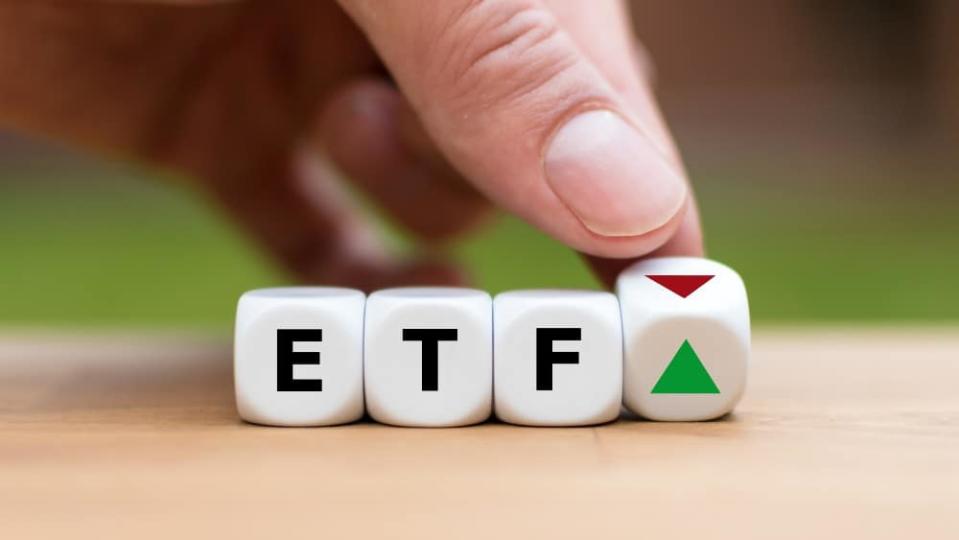2 Ways to Score a Richer Monthly TFSA Payout

Written by Tony Dong at The Motley Fool Canada
Investing in Canadian dividend stocks is great and all, but there is a hidden catch: many of these stocks pay dividends on a quarterly basis, four times a year. If you’re looking for more consistent monthly income, investing in Canadian dividend stocks might not be ideal.
The ideal solution here is an exchange-traded fund (ETF) that holds a portfolio of high-yielding assets and pays monthly income. Keeping these types of ETFs in a tax-free savings account (TFSA) is ideal as it eliminates your tax drag. Let’s take a look at my top two picks from Vanguard today.
Canadian dividend stocks
A reliable monthly paying ETF is the Vanguard FTSE Canadian High Dividend Yield Index ETF (TSX:VDY). VDY holds a portfolio of 47 large-cap, blue-chip Canadian dividend stocks This passive index ETF is mostly concentrated in Canadian financial and energy sector stocks, which both provide strong yields.
Currently, VDY pays a 12-month yield of 4.15%. This is the percentage an investor would have received if they’d held the ETF over the last year based on the ETFs current net asset value (NAV). Keep in mind that this metric is backwards-looking and can change in the future as the ETF fluctuates up or down.
In terms of fees, VDY charges a management expense ratio of 0.22%. This is the annual percentage fee deducted from your investment. For example, a $10,000 investment in VDY would incur around $22 in annual fees. Overall, 0.22% is low, especially compared to many mutual funds.
Canadian REITs
Real estate investment trusts, or REITs, are a favourite among Canadian investors seeking passive income. However, buying individual REITs comes with greater risk, while buying enough for diversification can be hard to manage. The solution here is a REIT ETF.
My REIT ETF of choice is the Vanguard FTSE Canadian Capped REIT Index ETF (TSX:VRE). VRE currently holds a portfolio of 19 Canadian REITs and real estate service companies weighted by market cap. It’s an opportune way to gain passive exposure to the Canadian real estate sector.
Currently, VRE pays a 12-month yield of 3.78% and also makes monthly payouts. In terms of fees, VRE is more expensive than VDY, with a management expense ratio of 0.38%. However, the two ETFs have virtually no overlap, making them good complements for each other.
If you’re looking for extra cash to indulge in these high yield ETFs, remember, your 2023 TFSA limit is $500 more than the TFSA contribution limit in 2022. In addition to the $6,500 limit this year, you can roll over any unused TFSA contribution from one year into the following year.
The post 2 Ways to Score a Richer Monthly TFSA Payout appeared first on The Motley Fool Canada.
Get Our Favorite Canadian Stock Picks Under $5 for Free
We are giving away a FREE copy of our "5 Small-Cap Canadian Growth Stocks Under $5" report. These are 5 Canadian stocks that we think are screaming buys today.
More reading
Brookfield Asset Management Spin-Off: What Investors Need to Know
Passive Income: 4 Safe Dividend Stocks to Own for the Next 10 Years
Fool contributor Tony Dong has no position in any of the stocks mentioned. The Motley Fool has no position in any of the stocks mentioned. The Motley Fool has a disclosure policy.
2023


